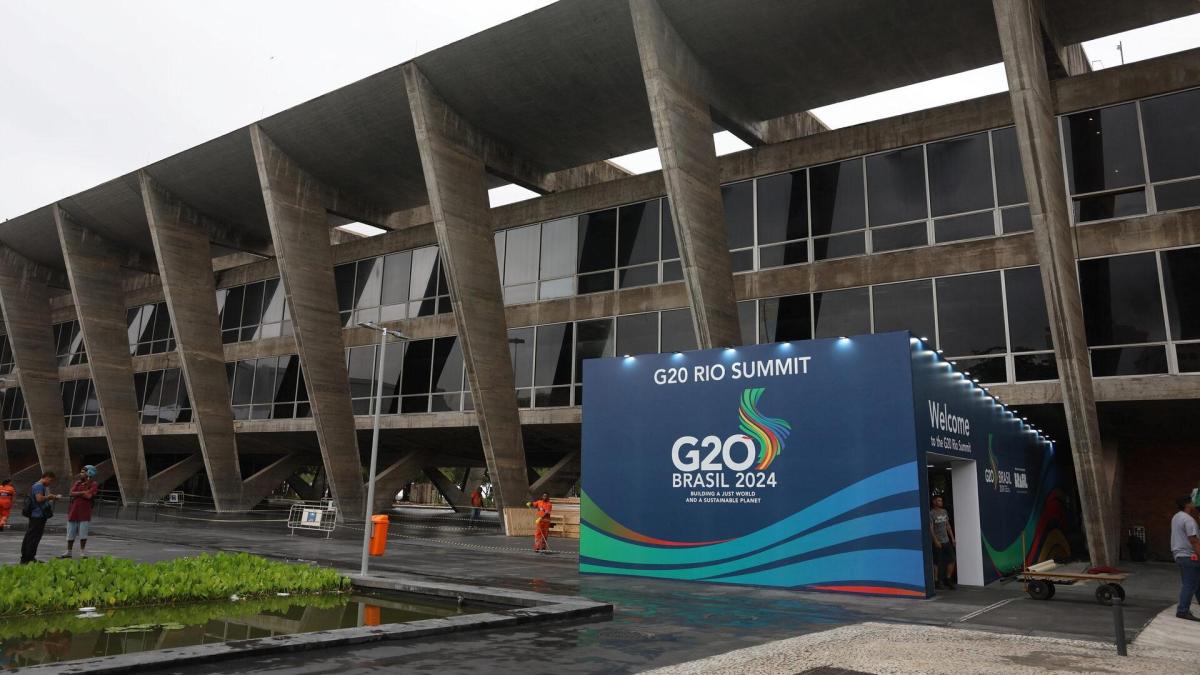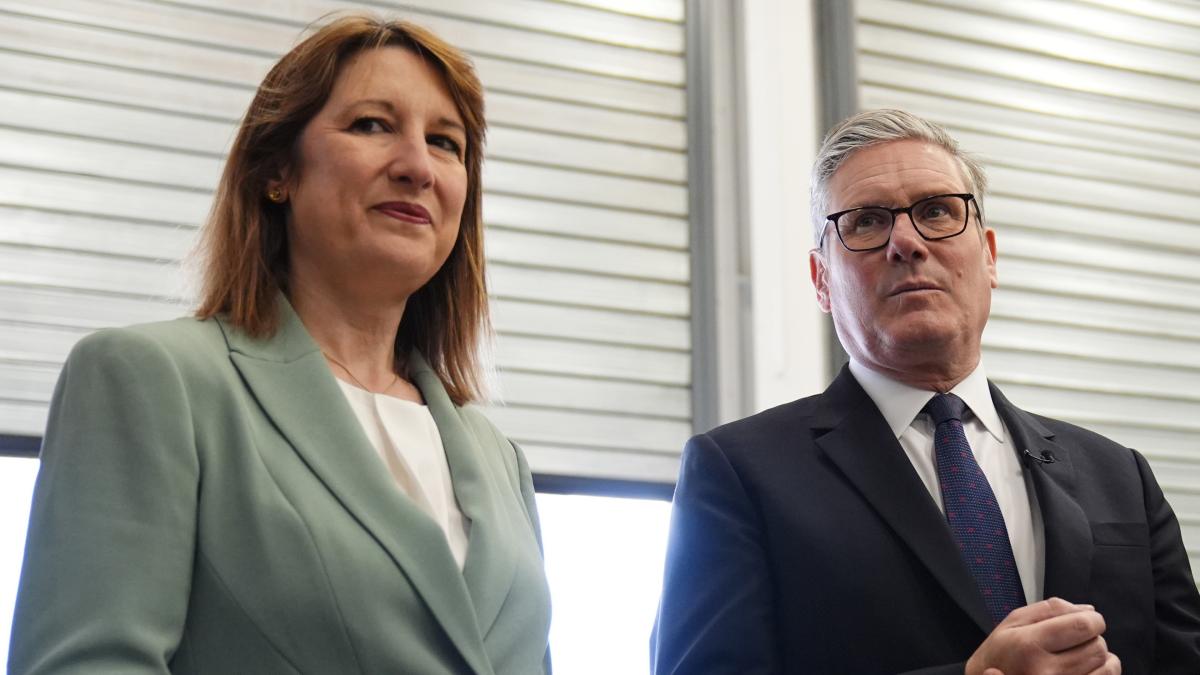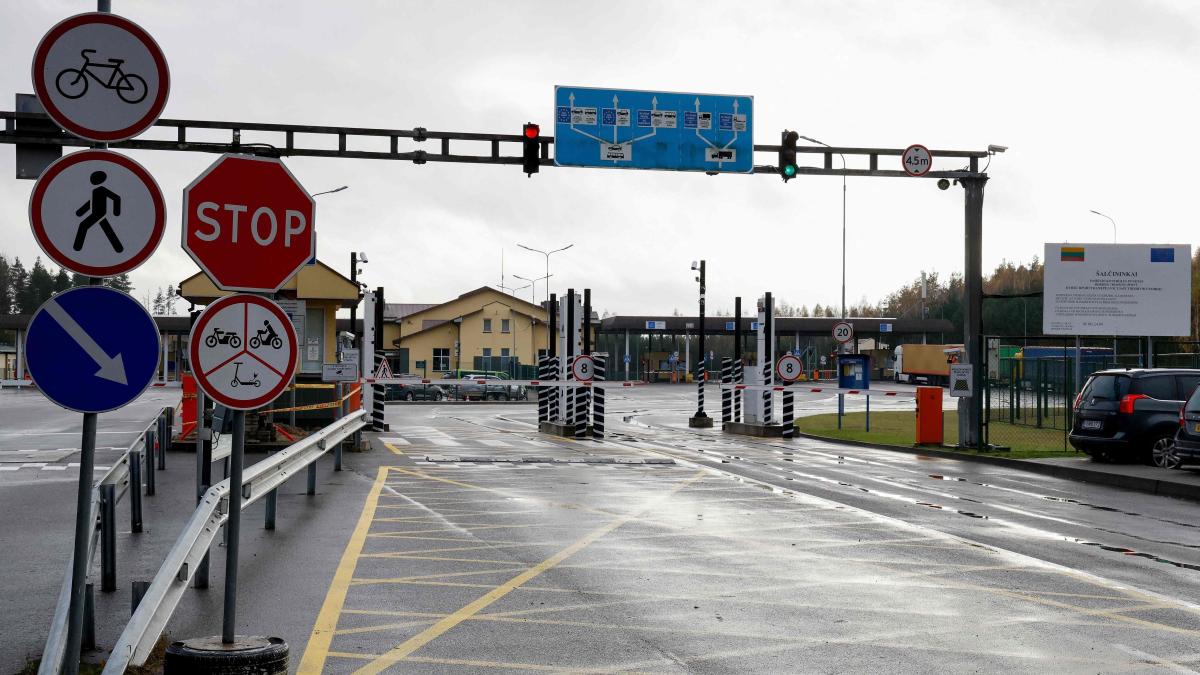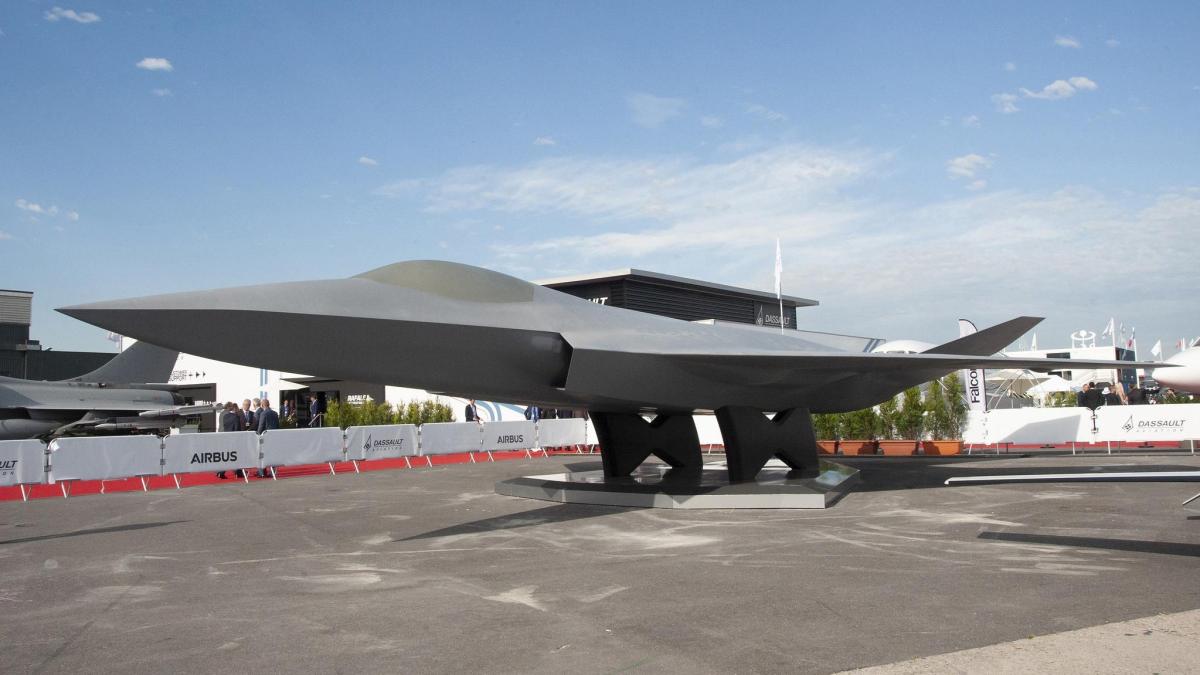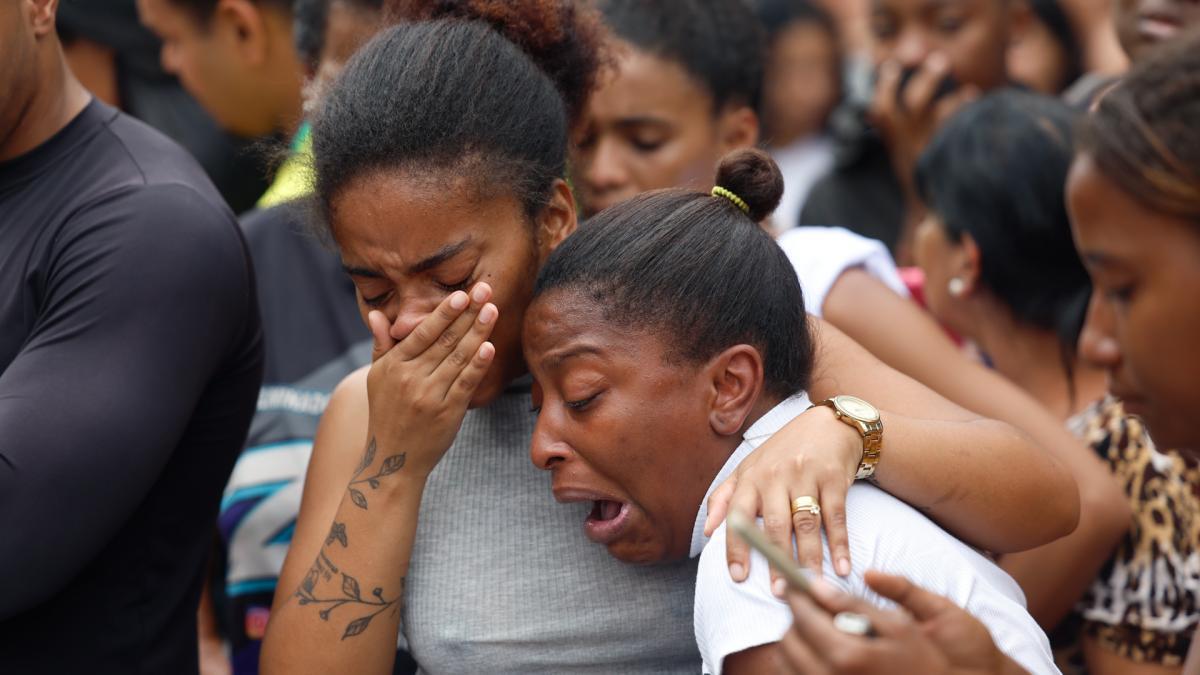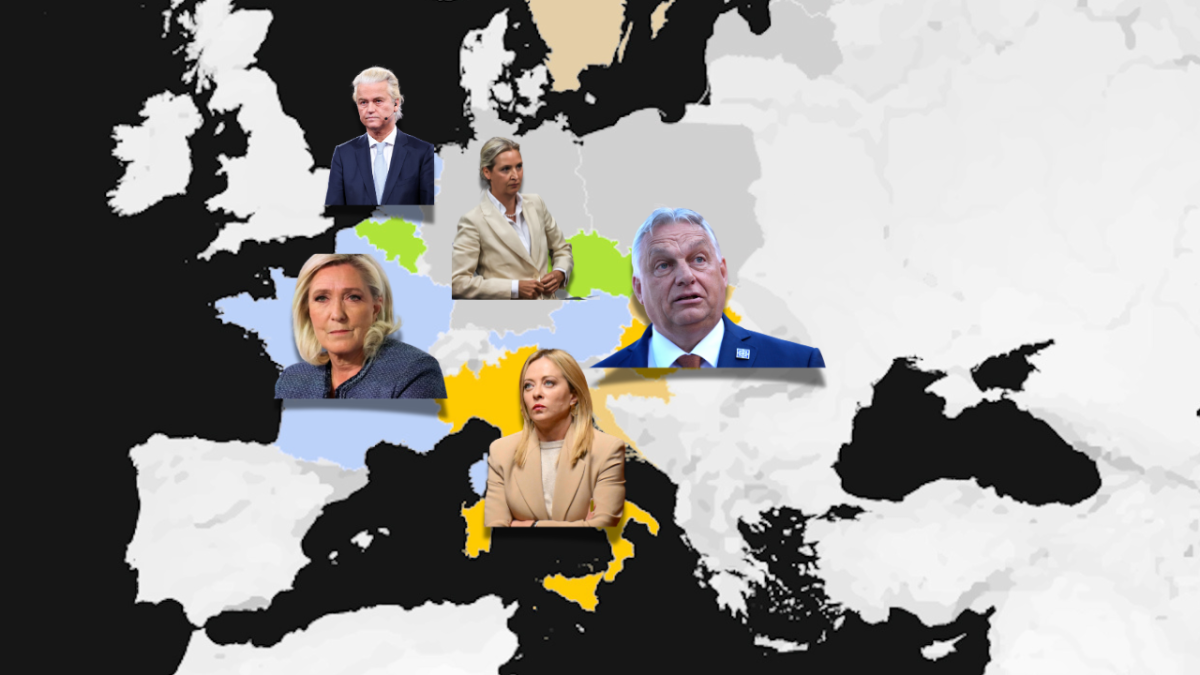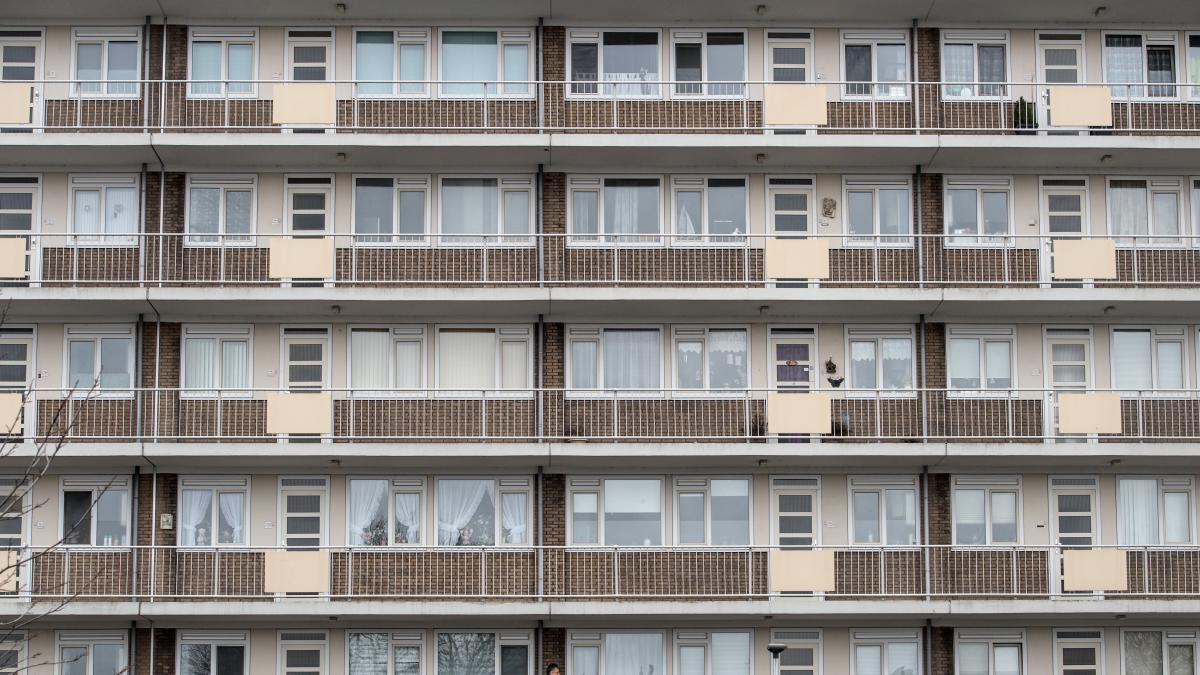Held at the iconic Museum of Modern Art, the G20 meeting this week in Rio de Janeiro is already beginning to look like the last summit of the old world, the one that existed before Donald Trump’s second electoral victory. The air is thick with nostalgia and tension, as heads of state gather to negotiate their way through a labyrinth of global issues.
Designed in 1953 by Affonso Reidy, the museum became a ghostly building after Rio’s economic collapse in the years following the 2016 Olympic Games. The gardens, the work of landscape architect Carlos Burle Marx, were transformed into an area plagued by armed robberies—an environment so hostile that few dared to stroll its dilapidated paths, the echoes of laughter and diplomacy replaced with shadows of despair.
But this week, the museum and gardens of Flamengo Park are reborn, offering a privileged setting for the G20 summit that begins on Monday. The heads of state from 19 countries, along with representatives from the European Union and the African Union – led by potent figures such as Xi Jinping, Joe Biden, Japan’s Prime Minister Shigeru Ishiba, Emmanuel Macron, and Olaf Scholz, with Luiz Inácio Lula da Silva as host – will ascend and descend the museum’s striking spiral staircase, desperately seeking consensus amidst a cacophony of conflicting priorities.
However, the entire summit occurs under the pervasive shadow of the absent Donald Trump, the man who epitomized a seismic shift in international relations. “It is the last G20 before the death of multilateralism,” summarized Brazil’s Folha de São Paulo, reflecting on Trump’s disdain for traditional alliances and his drastic withdrawal of America from pivotal agreements like the Paris Climate Accord.
The Summit Under Trump’s Lingering Influence
In contrast, President Biden has made strides to reinstate the U.S. commitment to multilateral diplomacy. But the defeated Trump is not merely absent; his ideology lingers, shaping the atmosphere of this critical gathering. His recent visit to Manaus in the Amazon symbolizes a farewell tour, yet it resonates with a powerful reminder of the tumultuous geopolitics at play.
The summit is brimming with high-stakes expectations: South Africa, Germany, Saudi Arabia, Argentina, Australia, Brazil, Canada, China, South Korea, France, India, Indonesia, Italy, Japan, Mexico, the United Kingdom, Russia, and Turkey form an eclectic ensemble with diverging interests. “No one expects big announcements, but there will be a lot of bilateral activity. Lula is expected to meet with Xi Jinping to explore areas of common ground,” predicts Oliver Stuenkel from the Getulio Vargas Foundation.
For Brazil, it’s a crucial showcase of its potential as a consensus-builder and a diplomatic bridge—an opportunity to reset its position on the global stage. For China, this summit presents a chance to assert itself as a stabilizing force amidst the chaos triggered by Trump’s maneuvers.
Yet, beyond the surface-level negotiations, shadows loom. A significant player in this international chess match is yet again revealed: China’s mega port project in Chancay, Peru, a pivotal element of the Belt and Road Initiative aimed to reshape global trade routes. This development has intensified scrutiny and resistance from Washington. According to Stuenkel, “Latin America is underestimating the pressures that are going to come from Washington regarding China,” an admonition murmured among South American leaders present.
The specter of Trump increasingly manifests through Javier Milei’s presence in Rio, fresh from a victory banquet at Trump’s Mar-a-Lago estate, just a heartbeat away from peddling his dangerously radical economic policies. The Argentine president’s insinuation to eliminate wealth tax proposals from the G20 communiqué has sent ripples through diplomatic circles, echoing past autocracies and their slip into populistic nightmares.
The Storm of Dissent
With tensions escalating, Argentine delegation members have brazenly rejected positions agreed upon by their peers, most provocatively on matters related to the war in Ukraine, where they balked at a lack of condemnation of Russia. Rising discontent with the summit’s direction creates a cynicism among nations that feel sidelined—and Lula risks being perceived as a leader overseeing a rift rather than a united front.
Nevertheless, Lula’s aspirations for progress remain. “We will strive for consensus, but it’s not unthinkable for them to depart from the agreed path,” said Tatiana Rosito, Secretary of International Affairs. While that sentiment reflects hope, it also reveals a precarious balancing act as Brazil attempts to uphold its influence amidst a pattern of unilateral politics bolstered by a volatile Trumpist narrative.
An emphatic stance on climate finance and the fight against global hunger and poverty is emphasized by Lula’s government as it gears toward the summit. A harsh reminder of their global obligation amid a bleak reality where over 700 million people face hunger. Spanish officials have pledged support for Lula’s anti-hunger initiatives, an endeavor to align with the aspirations of the Global South.
However, amidst lofty intentions, violent polarization is threatening to split the unity as evidenced by a tragic event preceding the summit. A Bolsonaro supporter cloaked as the Joker committed self-immolation outside Congress in Brasilia—a grotesque sign of Brazil’s fracturing political landscape and rising despair among the populace.
The Joker of Political Polarization
This incident forced Rio to bolster its security measures: military trucks are now omnipresent, soldiers brandishing camouflaged machine guns are stationed on every corner, and snipers have positioned themselves on rooftops, all guarding the summit’s key players like modern-day gladiators. This scene starkly contrasts the elegance of the summit’s venue against the backdrop of the favelas, which persistently highlight the inequalities that plague Brazilian society and scotch the narrative of a burgeoning democracy.
In Rio, where opulence and poverty coexist, the G20 representatives will engage in delicate negotiations as a series of historical inflection points converge. To navigate the agenda, they must tame their ideological differences, accommodate urgent environmental crises, and harmonize their aspirations for global stability as the specter of a Trump-led resurgence looms periodically overhead.
As we witness the final act of the world’s existing paradigm, the G20 summit in Rio challenges each nation to contemplate its place in a rapidly changing political theater. Will consensus be achieved, or will this summit simply cement the fractures left in the wake of a shifting global order? Only time will tell as these leaders descend the striking spiral staircase into uncertainty.

